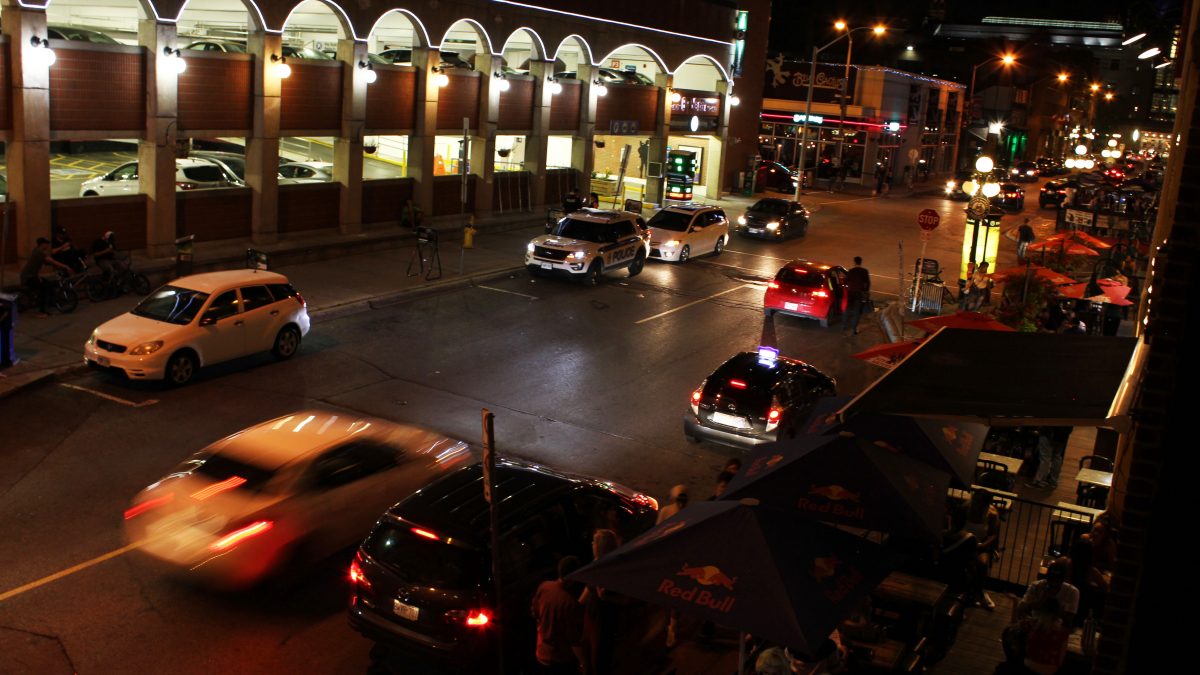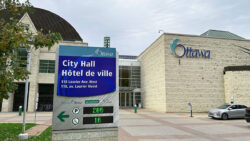Ottawa City Council will vote this week on a proposal that would allow restaurant and bar patios operating on city property to stay open until 2 a.m.
Of course, that all depends on having the pandemic under control and the city in the provincial green zone.
All of this flows from a proposed 2021 Patio Innovation Program passed recently by the city’s transportation committee. The plan also allows city roads to be closed to host patios. Among other changes, patio operators would be subject to a three-strike system when it comes to offences such as noise violations starting with a written warning, followed by restricted closing time at 11 p.m., and then the patio permit would be revoked. Patios are allowed to open in the red, orange, and yellow zones with a limit on hours of operation.
The proposal offers hope for many in the city’s food and beverage industry, which has suffered during the restrictions caused by COVID-19. Miguel Filiatrault, who is a manager at Ollie’s, a bar on Carleton University’s campus,, says, “I can’t even begin to count the number of places that have been forced to shut down, some of which have been staples in Ottawa for years.”
“The last thing anyone would want in the midst of a pandemic would be getting labelled as not safe or not caring for the well being of their customers and their employees,” he said. A later closing time, he says, may allow some bars to make up for the revenue lost from being closed or operating at reduced capacity.
Some in the industry, however, are concerned that a 2 a.m. closing time may make it harder to enforce safety regulations and safely operate.
Stressful situations
Hannah Smith, who has worked in the food service industry for a few years, says serving during COVID has been “incredibly stressful.” While her workplace has followed safety rules and regulations, she found that many times, patrons were unwilling to comply.
Smith says she thinks this new last call is proposed “with good intentions” to help businesses, but she worries that council might not be thinking of the negative effects caused by patrons opposed to COVID rules.
“If someone is not wanting to comply with the rules sober, they’re really not going to want to follow them when they’re drinking. A late bar time on a patio is going to encourage people to stay later and drink more.”
Filiatrault says that while he doesn’t have any safety concerns about a later last call, he has been concerned about mental health support for people in the industry. Many have lost their jobs or are working limited hours.
“With the increase in people struggling with their mental health throughout this pandemic, the support system simply wasn’t there to help people get by,” he said.




